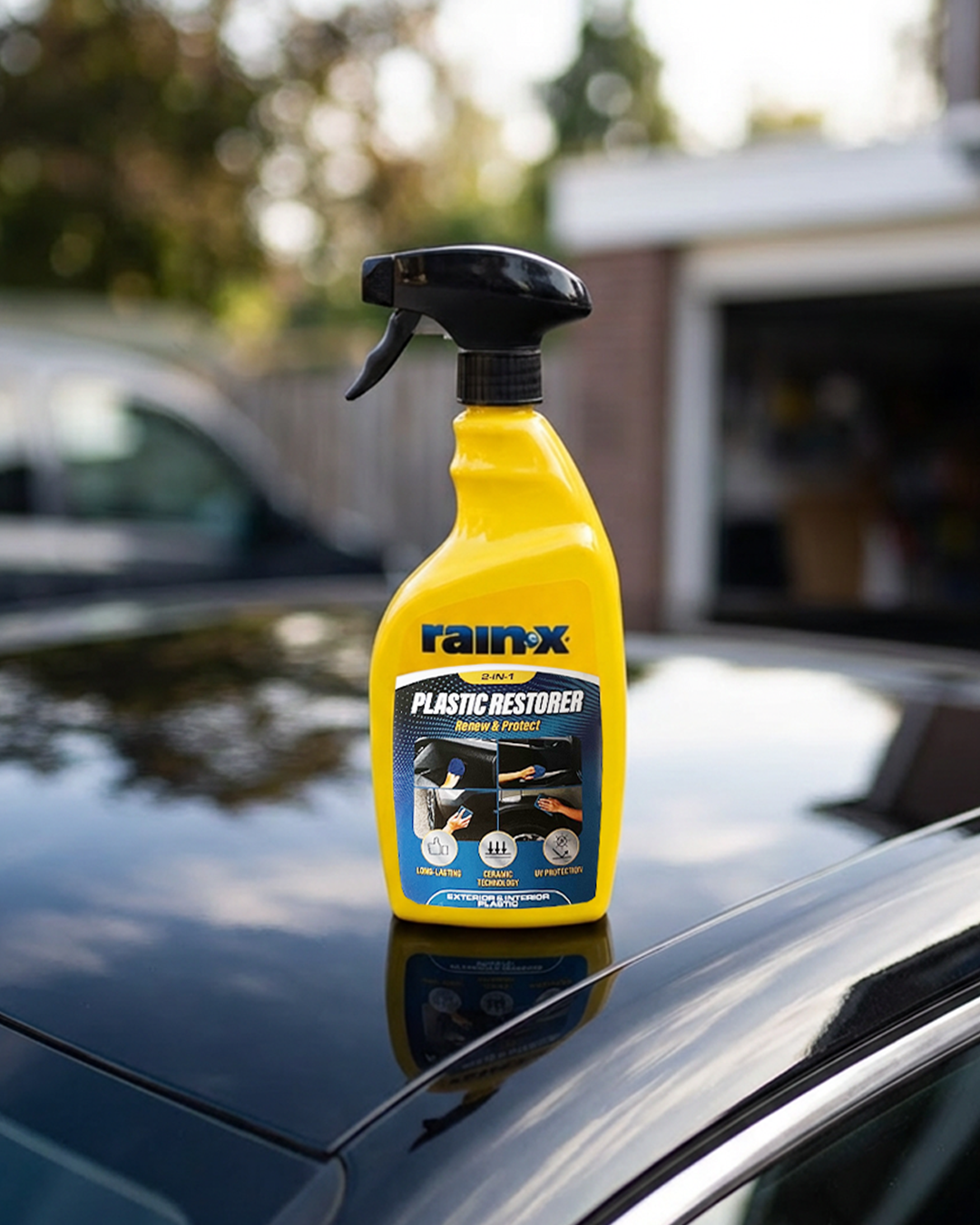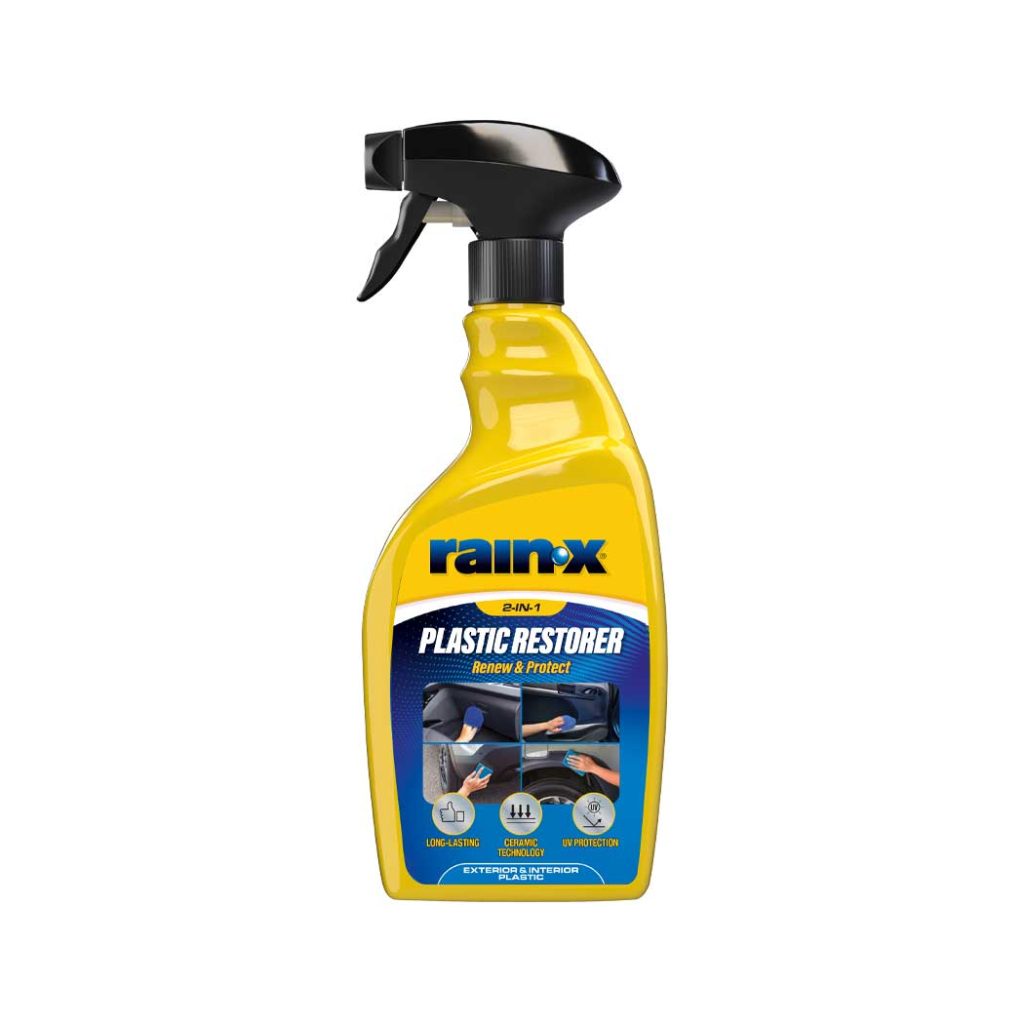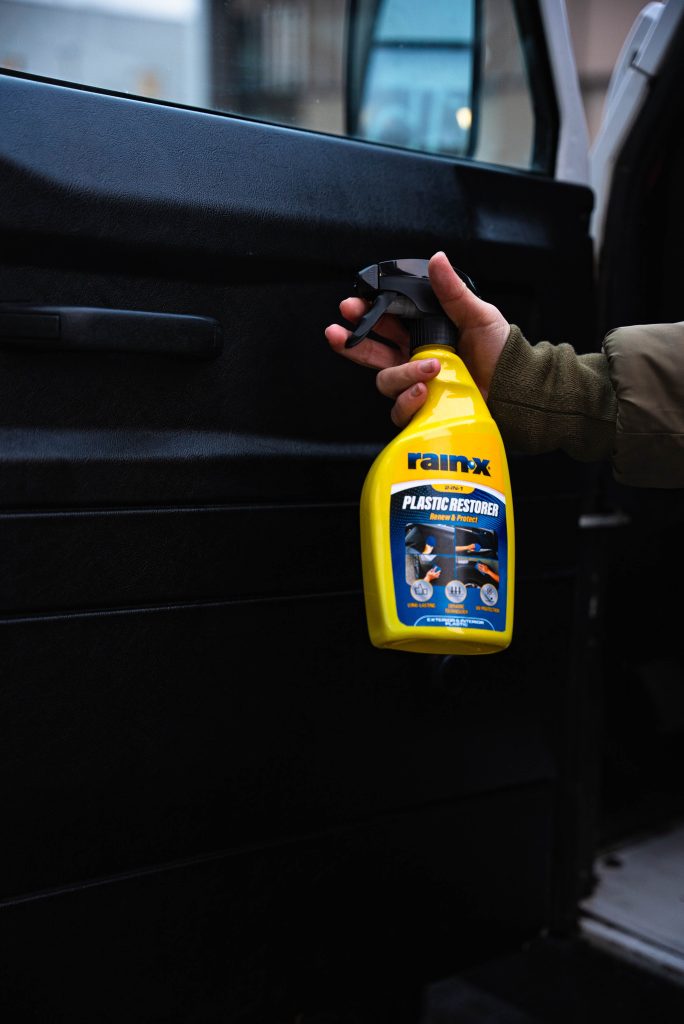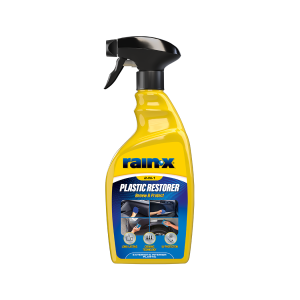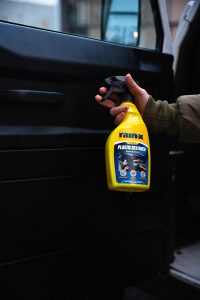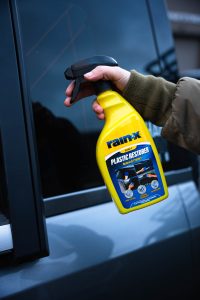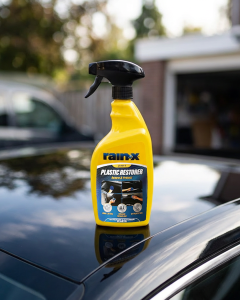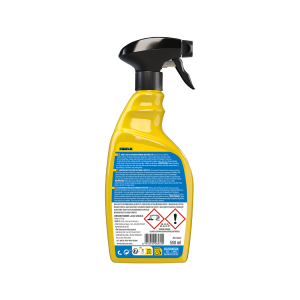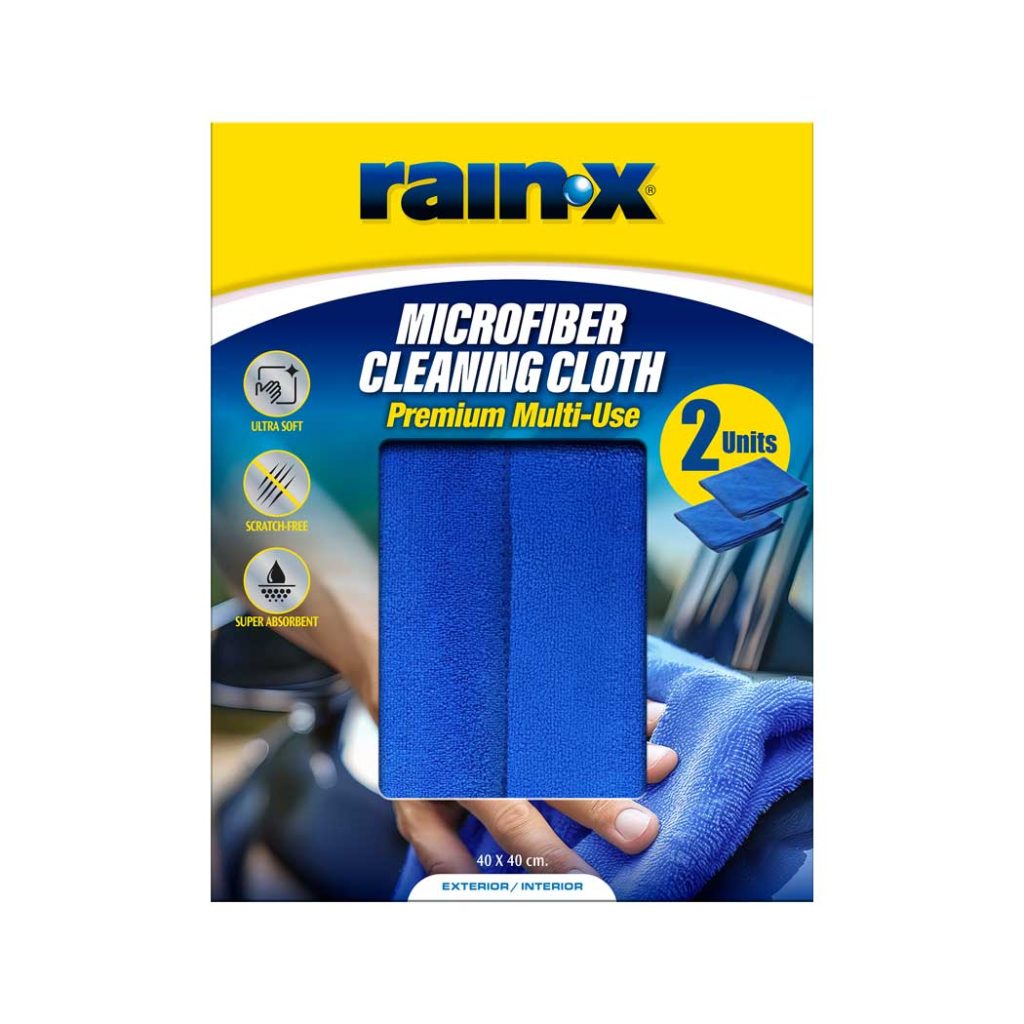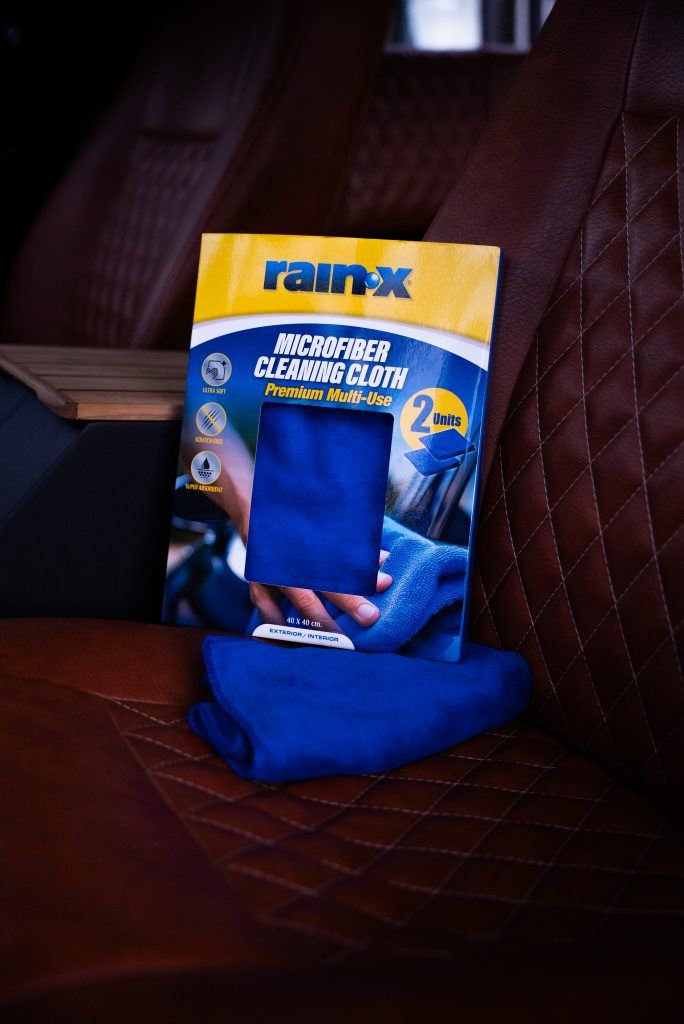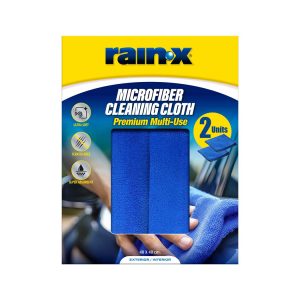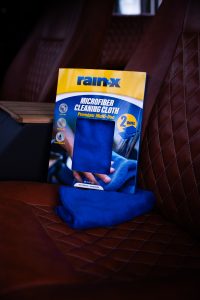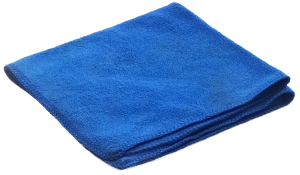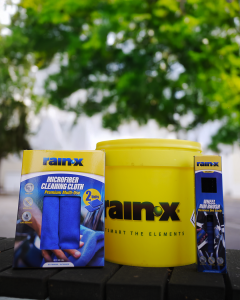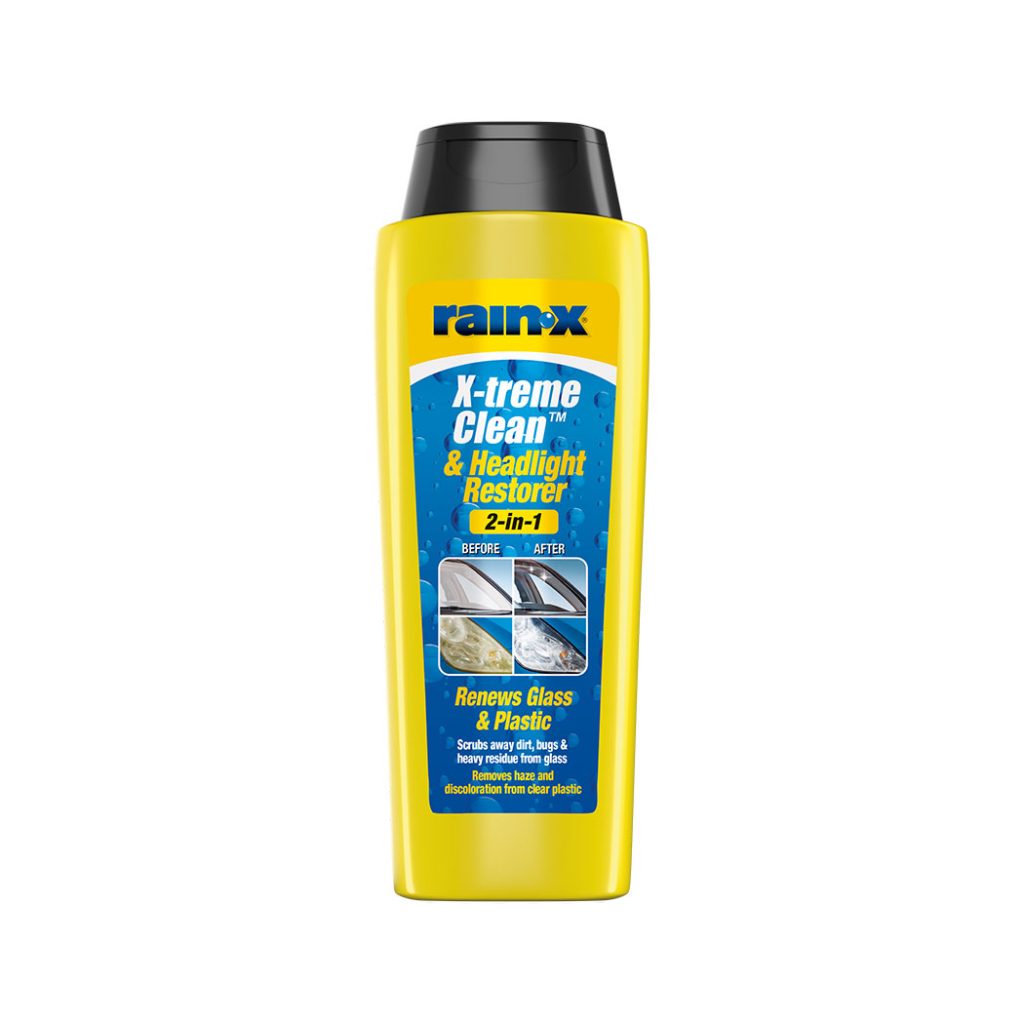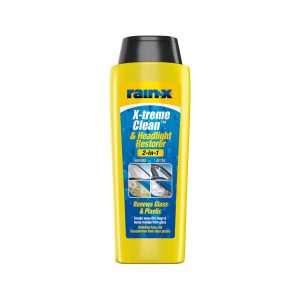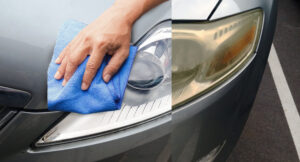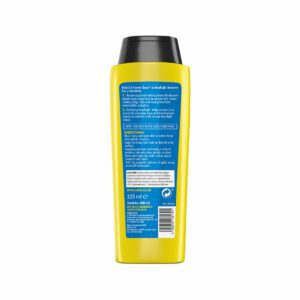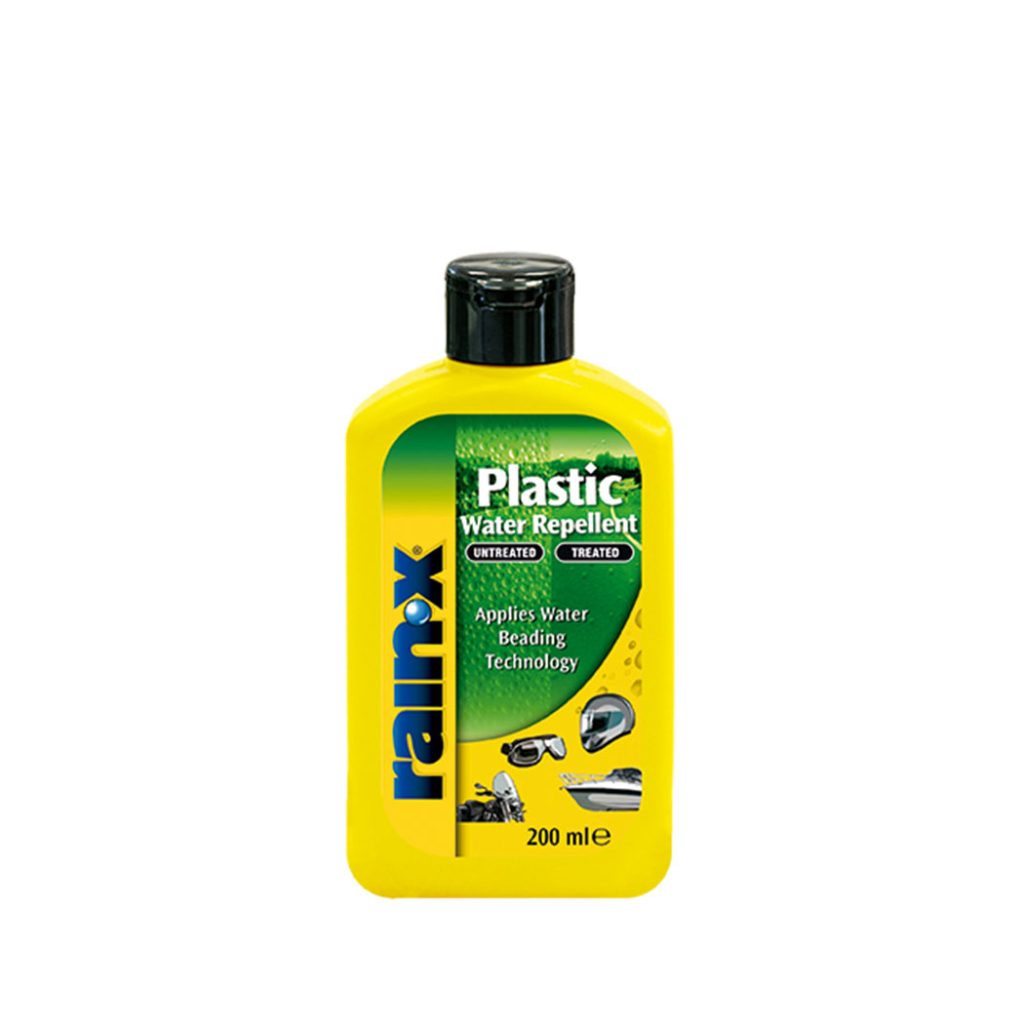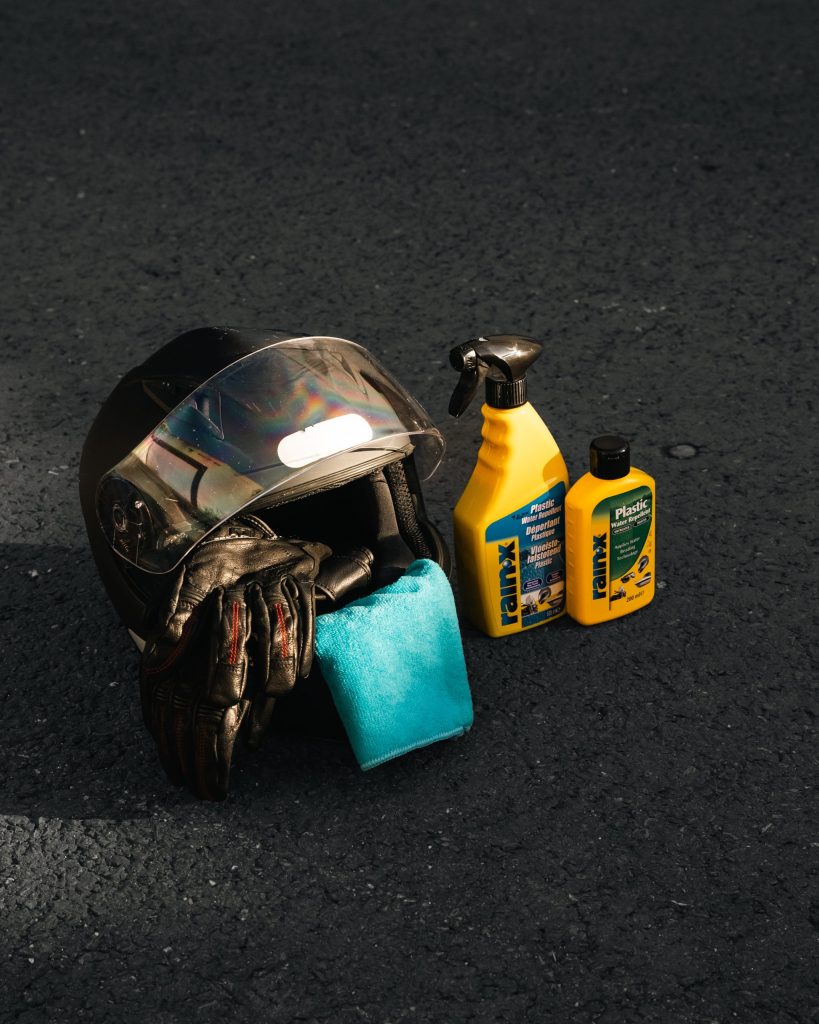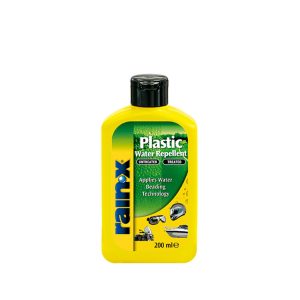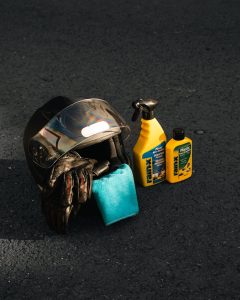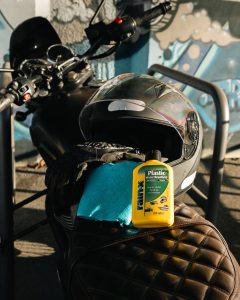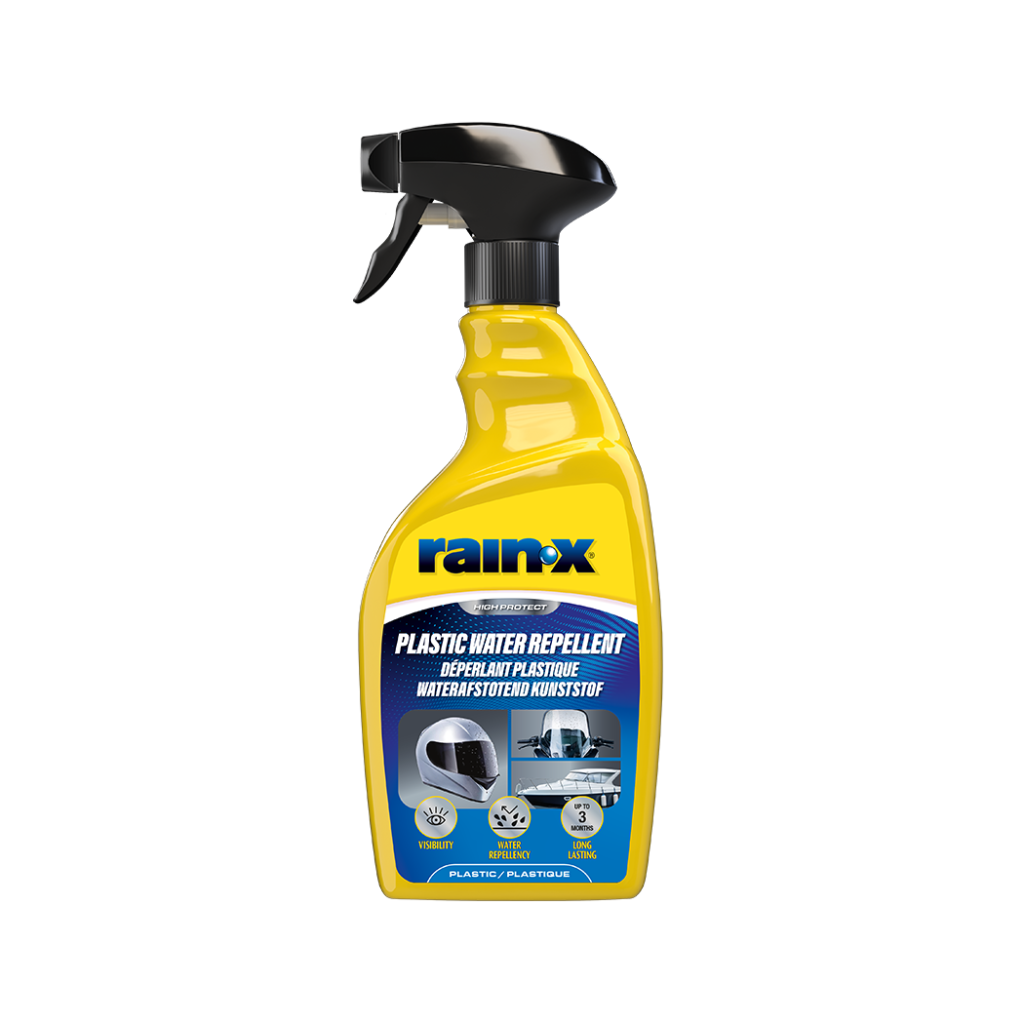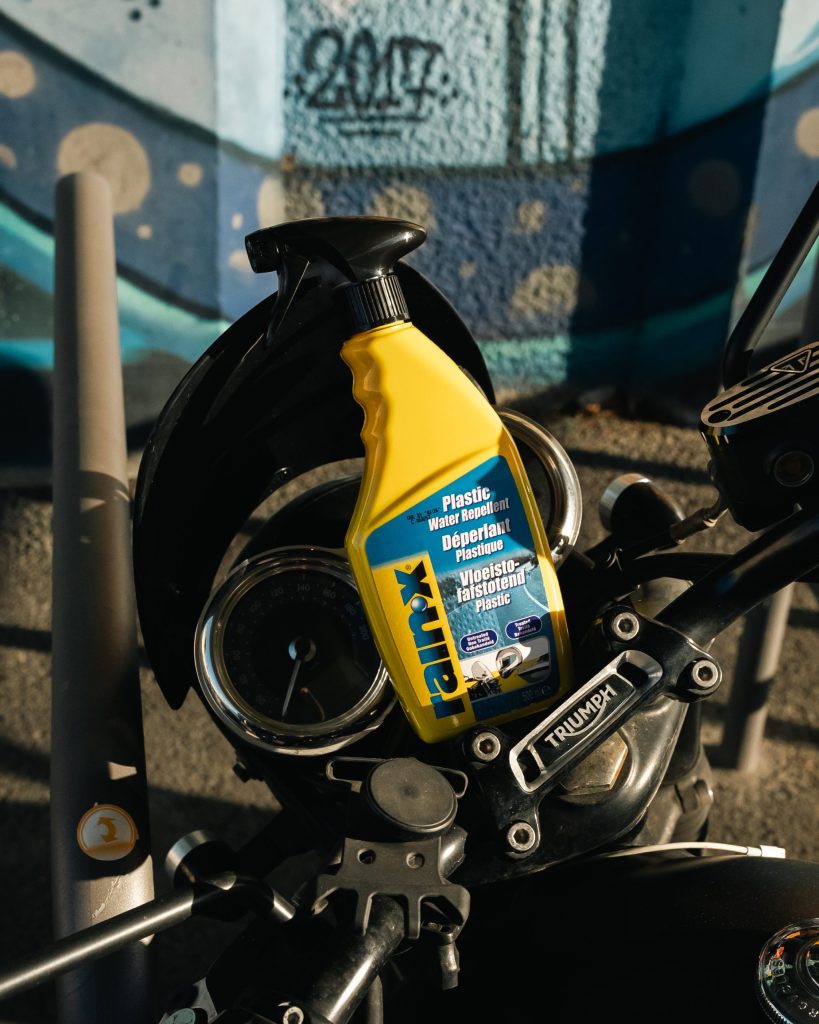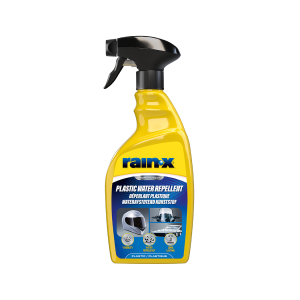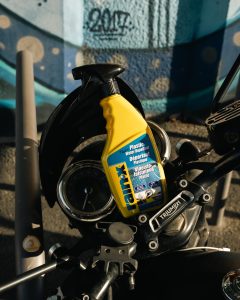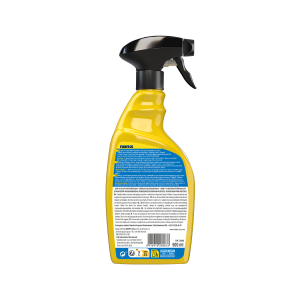
Plastic
Now you can benefit from exclusive Rain-X® Rain Repellent technology on plastic surfaces such as motorcycle visors, masks and boat windscreens.
Plastic
Rain-X for plastics: maximum visibility, even in the rain
Now you can benefit from exclusive Rain-X technology on plastic surfaces: helmet visors, boat windscreens, headlights, masks and much more.
This water-repellent treatment for plastics forms an ultra-efficient hydrophobic coating that repels water, instantly improves visibility and reduces marks left by rain or splashes.
Ideal for motorbike visors, car headlights or other exposed surfaces, this rain repellent for plastic provides long-lasting protection against rain, while making driving safer and more comfortable.
Dive into the world of Rain-X
-
X-treme Clean & Headlight Restorer
Caring for your car’s exterior also means cleaning its headlights. Gone are the outdated methods and granny tricks for cleaning car headlights, using toothpaste or other products! With the X-treme Clean & Headlight restorer, you can easily carry out a headlight renovation in just a few steps. This professional product brings tarnished headlights back to life and improves your vehicle’s visibility and safety.
-
Plastic Water Repellent
Rain-X Plastic Water Repellent is a spray-on plastic water repellent specially designed to provide superior, long-lasting protection for all plastic surfaces such as helmet visors, motorbike windscreens and boat windows. This water-repellent treatment transforms water into small droplets that roll off easily, ensuring better visibility even in the rain. Thanks to its innovative formula, it’s the best water-repellent treatment for plastic available on the market, ideal as an anti-rain product for helmet visors or as a water-repellent treatment for motorbike helmet visors. Also perfect for boat windows and portholes, this water-repellent spray for plastic guarantees clear, safe vision in all circumstances.
Want to find out more?
Is it possible to use an anti-rain product for plastic surfaces on glass ?
It’s best to use each product on the specific surface for which it has been designed. Not because you might have problems, but because the application will not be optimal and this will have an impact on the effectiveness of the product.
